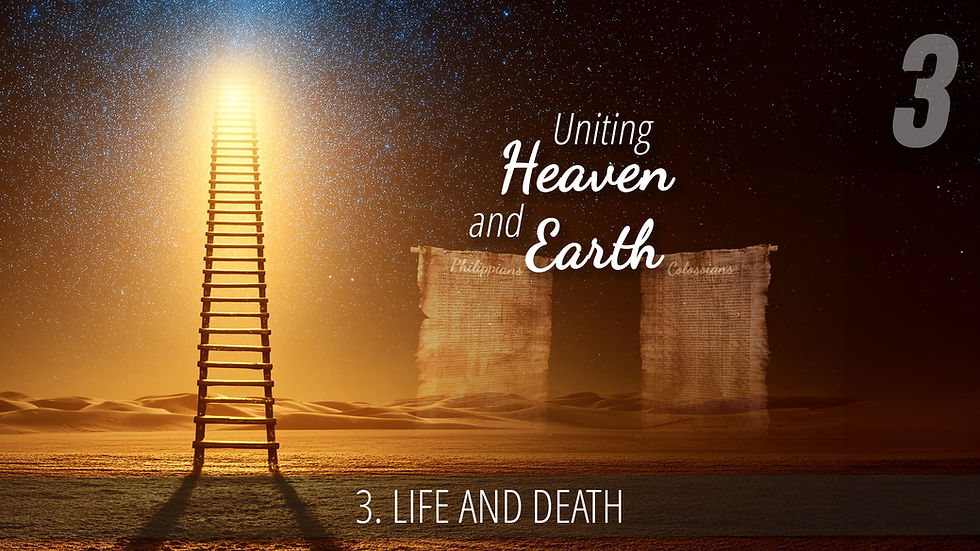11 - Apostasy and Intercession | Exodus
- Oct 8, 2025
- 2 min read
Updated: Oct 9, 2025
From the false identity “I am God,” one can do many things right outwardly. But when it comes to our own lives, when we desperately want something we think we need, what is truly in our hearts comes to the surface.
Moses was on Mount Sinai for 40 days, and the people asked Aaron for a godlike leader. Aaron collected gold jewelry and made a golden calf out of it, which served as an image of worship. Aaron gave in to the pressure of the people because he was inwardly dependent on them and had no freedom in his heart. When Moses came down from the mountain and saw this, he broke the tablets of the Ten Commandments.
If the heart and will are not changed, outward talk of obedience does not bring true promise. God sent Jesus to condemn sinful nature through his death. There are people with very strong wills who believe they have understood everything. But they close their hearts and can no longer be saved because their conscience no longer speaks to them. The deception in the mind can be so strong that you think you are right. God uses difficulties to reveal the inner error.
Through faith, we must crucify the false identity. When we cling to people, we give in to satisfy our need for love. Many Christians are lost because they do not recognize the deception in their hearts. Before the land of Canaan, Moses showed his trust in people instead of God by striking the rock. He repented and converted. To this day, Christianity does not understand it. We are preached about all the things we can do in our minds and wills, but true heart change does not happen.
Instead of forgiving the problem or sin as an act, we need a new identity that grows within us with every mistake until the inner error is crucified and we live in the truth about ourselves. In this process, the Spirit of God does not work in our place, but is the mediator of the new identity. Trust and faith are the autonomous activity of our spirit. Details on this are explained in the eleventh part of the series “Exodus”


